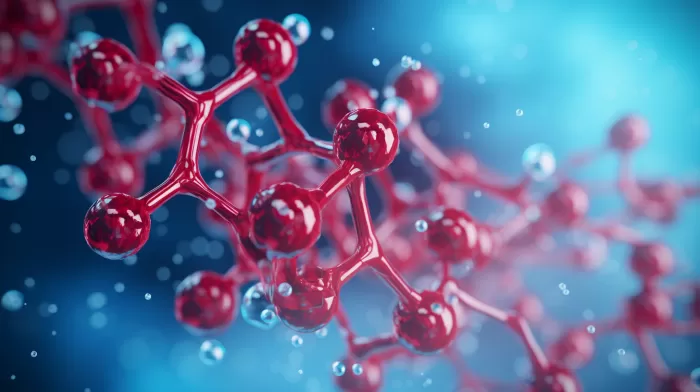For years, men have been worried that using testosterone treatment or hormone replacement therapy could increase their chances of developing prostate cancer. However, new research shows that testosterone therapy doesn’t have this effect. In fact, multiple studies suggest that such treatment may even reduce the risk of aggressive prostate cancer. Despite these findings, it is important to emphasize that testosterone therapy is only appropriate for a limited number of men, such as those who have been diagnosed with hypogonadism (below-normal T levels).
Testosterone Treatment Study: Key Findings
In a recent study, a total of 147,593 men with low total testosterone values were evaluated. Of these men, 40 percent received testosterone therapy, either through intramuscular treatments, topical therapy, or a combination of the two. The follow-up period for both treated and untreated men ranged from 2.8 to 3.2 years. The analysis of the data showed that the use of testosterone therapy was not associated with the increased risk of prostate cancer or aggressive prostate cancer when compared with not receiving testosterone therapy.
Does Testosterone Therapy Reduce Risk of Aggressive Prostate Cancer?
The authors of another recent study investigated the incidence of prostate cancer among 656 men diagnosed with hypogonadism. More than half of these men (360) chose to undergo testosterone therapy, while the remaining 296 declined and served as the controls. In the testosterone treatment group, 1.9 percent of men developed prostate cancer, as opposed to 4.1 percent in the control group. Based on these findings, the authors concluded that “long-term treatment with testosterone in hypogonadal men may reduce the incidence of prostate cancer and protect against high-grade prostate cancer.”
Potential Dangers of Testosterone Therapy
Despite the promising results regarding prostate cancer, most men would benefit far more from focusing on natural methods of raising their energy levels. Testosterone therapy comes with several serious side effects, such as:
- Risk of addiction: Using the hormone can alter brain chemistry, causing men to experience withdrawal symptoms when they attempt to stop, including mood swings, restlessness, irritability, insomnia, reduced libido, depression, and cravings for more testosterone.
-
Heart attack and stroke: Testosterone therapy can cause polycythemia, a disease that increases red blood cell volume, thus resulting in thicker blood and raising the risk of heart attack and stroke.
-
Stops natural testosterone production: The use of testosterone therapy causes the body to stop making its own supply of the hormone.
-
Other side effects: Men who take testosterone therapy often find they experience hair loss, acne, enlarged breasts, mood swings, worsening of sleep apnea, urinary symptoms, smaller testicles, and aggression.
While this can be comforting news for men with abnormally low testosterone levels, it is important to remember that using testosterone therapy doesn’t appear to increase one’s risk of prostate cancer and may even decrease the chances of getting an aggressive form of the disease. This hormone treatment should still be limited to men who truly need it, and it is essential to remind men of the potential dangers associated with its use.



